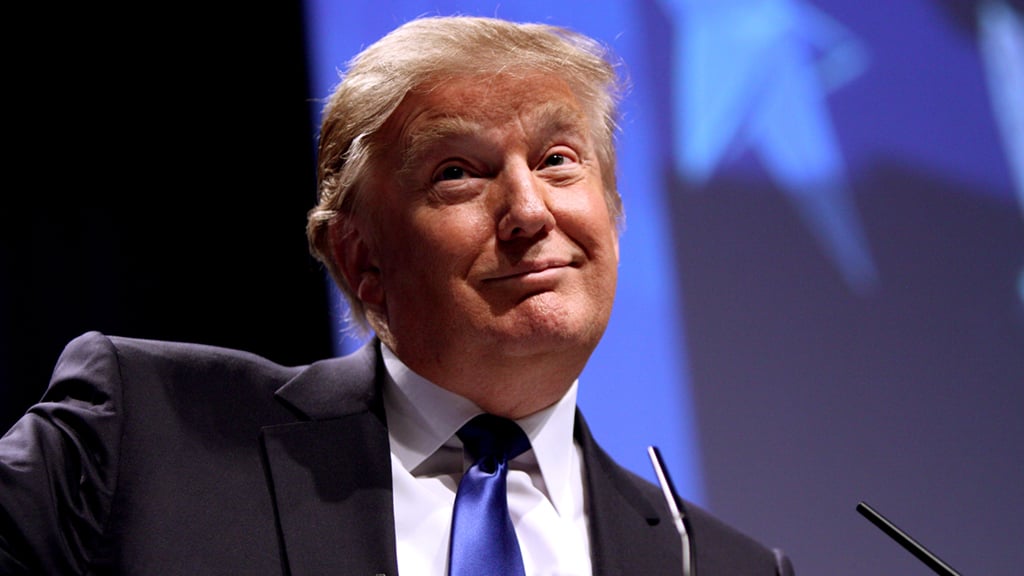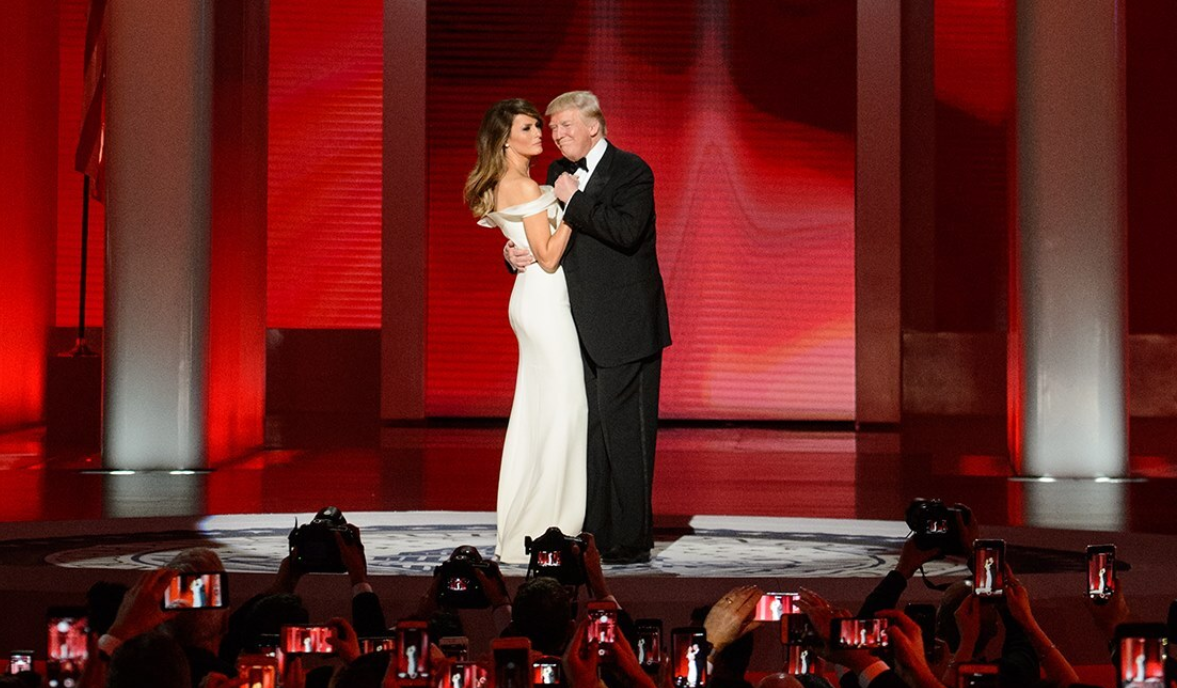On election night, the stock market took a roller-coaster ride, with Dow futures plummeting almost 900 points after Donald Trump won Florida around midnight. The next morning, the country awoke to a rising Dow, which soared 257 points that day, nearing all-time highs and shocking investors and experts across the country.
“What we saw in the investment world was what we saw in the political world—real surprise,” says Barry Glassman, president of Glassman Wealth Services in Tysons. People who had sold everything in their portfolios before the election began reinvesting. Enthusiastic investors grew even more enthusiastic. By Inauguration Day, the US market had gained $1.4 trillion in value since the election, according to S&P Dow Jones Indices. The Dow jumped about 95 points following Trump’s inaugural speech, in which he pledged to protect jobs and to espouse “buy American and hire American.”
“Elections don’t ordinarily have an instant effect on the stock market like this one did,” says Barbara Warner of Warner Financial in Bethesda.
Will the gains last and the rally continue? While some analysts remain bullish, others see a coming market correction. What is clear is that, perhaps more than in any other modern time, the market’s fluctuations are due to what is going on right here in Washington.
Take Bethesda-based Lockheed Martin, says Glassman. Last December, Trump tweeted that the “tremendous cost and cost overruns” of Lockheed’s F-35 program led him to ask Boeing to price a comparable F-18 Super Hornet. Lockheed’s valuation promptly decreased by $1.2 billion while Boeing saw a boost. Yet weeks prior to that, Trump had used Twitter to criticize Boeing’s Air Force One program, which caused a $1.4-billion hit to the company’s market value. This kind of Twitter flurry may drum up competition at the Pentagon, but it also creates an unstable market.
“What I’m hearing from clients on both sides of the aisle is that they’re concerned about volatility,” says Marguerita Cheng, CEO of Blue Ocean Global Wealth in Gaithersburg.
Investment advisers now look to Trump’s Twitter activity to interpret market reaction as well as his campaign pledges. Trump’s agenda promises a trillion-dollar infrastructure plan that would fix everything from bridges to airports while creating jobs and also boost defense spending by tens of billions. “The markets obviously are excited about the prospect of a lot of stimulus coming out of the administration,” says Andy Friedman, a CNBC contributor and founder of the political/financial web-site the Washington Update. “When you combine significant new spending on defense and infrastructure with lower taxes and less regulation of businesses, that spells higher corporate profits. I think the markets are very excited about that prospect.” For the time being, according to Friedman, the defense, industrial, and financial-services sectors should perform well, while health care and pharmaceuticals won’t. Neither will technology, he says, due to Trump’s proposed tariffs.
Friedman warns that there’s a risk of inflation with the President’s proposed stimulus plan: “While a stimulus is really good for the economy in the short term, in the long term I worry about the deficit and the growing gap between government spending and government revenue.”
Tariffs and inflation could also result in a ballooning deficit. Whether this deficit would spur a recession depends on whether Trump can stimulate the economy, says Friedman. Another reason for caution: The market’s gains so far are based on what the President has promised, not what he might deliver. “I’m not sure that Republicans in the House are going to agree with as much spending as Trump wants,” says Friedman. “They don’t want to spend a trillion dollars on infrastructure. I think there’s going to be pullback on what he can spend, and that might disappoint the markets.”
For now, it remains to be seen exactly how investing under Trump will play out. The stock market soared to all-time highs under Calvin Coolidge during the Roaring Twenties, and we all know what happened next. One thing is certain, and that’s the daily fluxes in the market brought about by a President who is prolific on Twitter.
“What impact will Trump’s tweets have nine months from now? We don’t know,” says Glassman. “This is our first active tweeting President. We have yet to decipher the long-term impact his 140 characters will have on the investment world.”
This article appears in the April 2017 issue of Washingtonian.


















